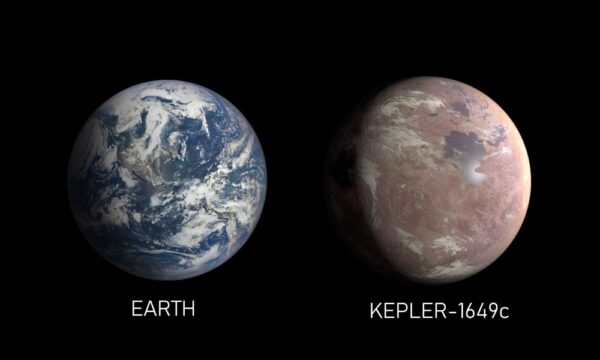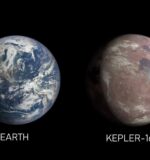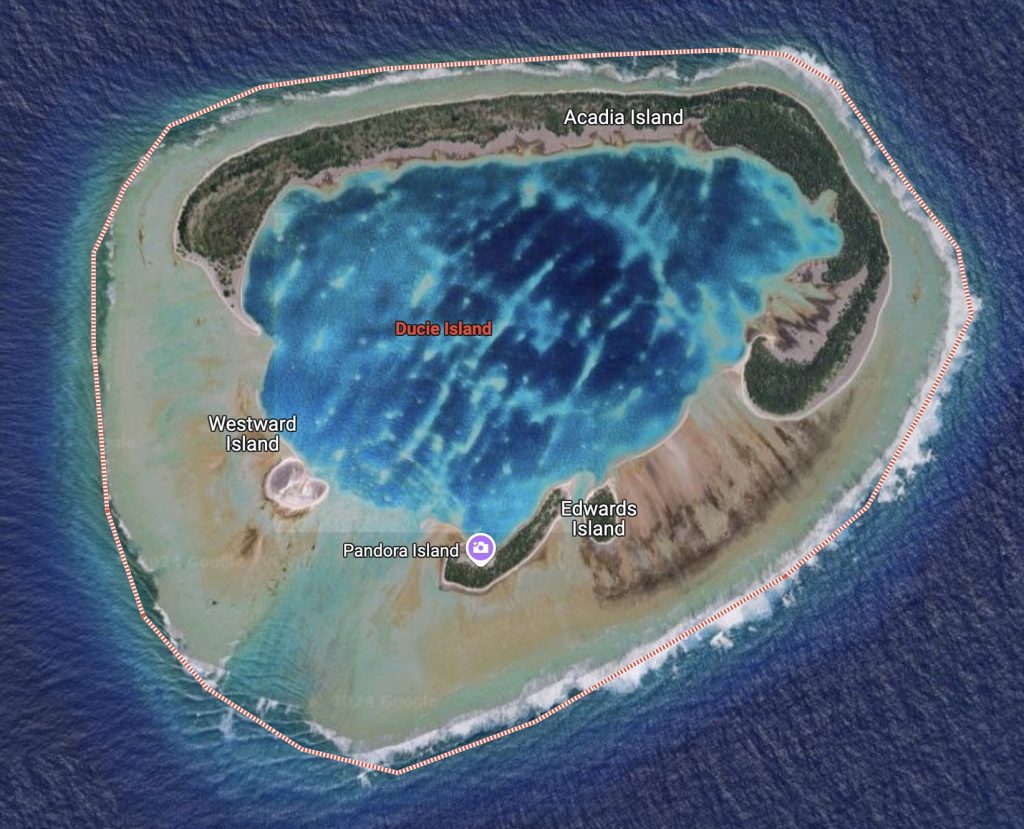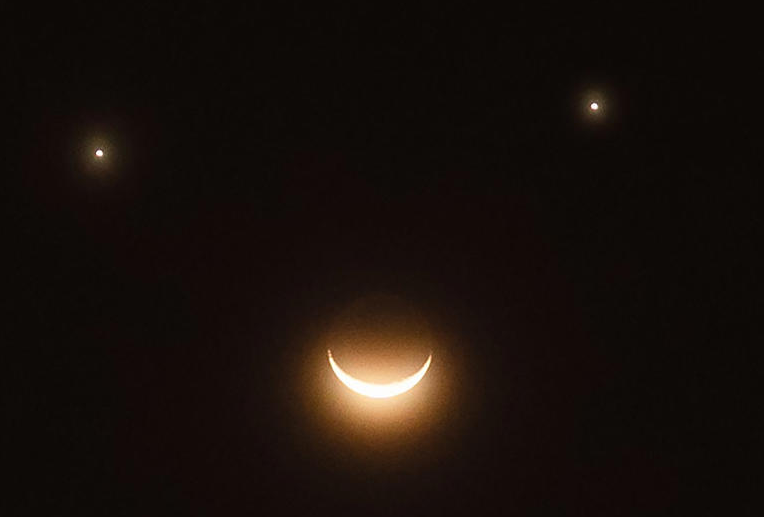Out of all the exoplanets found by Kepler, this distant world is most similar to Earth in size and estimated temperature and is a perfect candidate to host life as we know it on its surface.
There’s an alien world orbiting a star dubbed Kepler 1649. The world, however, was missed by scientists when they went through the data initially. But now, after scientists reanalyzed data gathered by the now-retired Kepler space telescope, they found the exoplanet and say that it’s of similar size compared to Earth and orbits its start in the so-called habitable zone.

NASA reveals that a group of scientists using reanalyzed data from the Kepler Space Telescope has found an Earth-sized exoplanet orbiting its star’s habitable zone. The habitable zone, also known as the Goldilocks zone, is the area around a star where temperatures are just right for liquid water to exist on a planet’s surface.
Meet Kepler-1649c
The planet is officially designated Kepler-1649c, and it was found after scientists combed through old observations made by Kepler, a space telescope that NASA retired back in 2018. Unfortunately, it turns out that previous computer algorithm searches missed the planets. Still, when researchers decided to review Kepler’s data and look at some of the signatures, they recognized an object that turned out to be a planet.
This exoplanet is unique. As revealed by NASA, of all the exoplanets that Kepler has found to this date, this distant alien world, located some 300 light-years away from Earth, is most similar to our own planet in size and estimated temperatures.
As revealed by scientists, Kepler-1649c is only 1.06 times larger than our planet. Furthermore, the amount of starlight the planet receives from its host star is around 75 percent of the amount of light our planet received from the Sun. This means that the exoplanet’s temperature is probably very similar to that of our planet.
However, unlikely Earth, Kepler-1649c orbits a red dwarf. These types of stars are known for stellar flare-ups that could make the planet’s surface a challenging place to support life.
“This intriguing, distant world gives us even greater hope that a second Earth lies among the stars, waiting to be found,” explained Thomas Zurbuchen, associate administrator of NASA’s Science Mission Directorate in Washington.
“The data gathered by missions like Kepler and our Transiting Exoplanet Survey Satellite (TESS) will continue to yield amazing discoveries as the science community refines its abilities to look for promising planets year after year.”
Still a mystery
Despite Kepler-1649c’s many similarities to Earth, many enigmas are surrounding the exoplanet. One of the greatest mysteries is still the planet’s atmosphere, which could play a crucial role in the planet’s temperature.
In addition, as revealed by scientists, estimates of the planet’s size have significant margins of errors as to all values studied in astronomy, especially when looking at objects located at such great distances.
Nonetheless, rocky worlds located around Red Dwarfs have been of particular astrobiological interest in recent years. Despite the great interest, experts still need a lot of data to understand whether the exoplanet is promising for life as we know it.
However, astronomers have revealed that based on what we know so far, “Kepler-1649c is especially intriguing for scientists looking for worlds with potentially habitable conditions.”
Although there are other exoplanets in the galaxy that are estimated to be closer to our planet in terms of size, like TRAPPIST-1f and even Teegarden c, and while there are other planets closer to Earth in terms of temperature like TRAPPIST-1d and TOI 700d, there are no other exoplanets considered to be closer to Earth in both temperature, size and being located in the habitable zone of their respective star system.









 Photographer Finds Locations Of 1960s Postcards To See How They Look Today, And The Difference Is Unbelievable
Photographer Finds Locations Of 1960s Postcards To See How They Look Today, And The Difference Is Unbelievable  Hij zet 3 IKEA kastjes tegen elkaar aan en maakt dit voor zijn vrouw…Wat een gaaf resultaat!!
Hij zet 3 IKEA kastjes tegen elkaar aan en maakt dit voor zijn vrouw…Wat een gaaf resultaat!!  Scientists Discover 512-Year-Old Shark, Which Would Be The Oldest Living Vertebrate On The Planet
Scientists Discover 512-Year-Old Shark, Which Would Be The Oldest Living Vertebrate On The Planet  Hus til salg er kun 22 kvadratmeter – men vent til du ser det indvendigt
Hus til salg er kun 22 kvadratmeter – men vent til du ser det indvendigt  Superknepet – så blir snuskiga ugnsformen som ny igen!
Superknepet – så blir snuskiga ugnsformen som ny igen!  Meteorite That Recently Fell in Somalia Turns Out to Contain Two Minerals Never Before Seen on Earth
Meteorite That Recently Fell in Somalia Turns Out to Contain Two Minerals Never Before Seen on Earth  Nearly Frozen Waves Captured On Camera By Nantucket Photographer
Nearly Frozen Waves Captured On Camera By Nantucket Photographer  It’s Official: Astronomers Have Discovered another Earth
It’s Official: Astronomers Have Discovered another Earth 